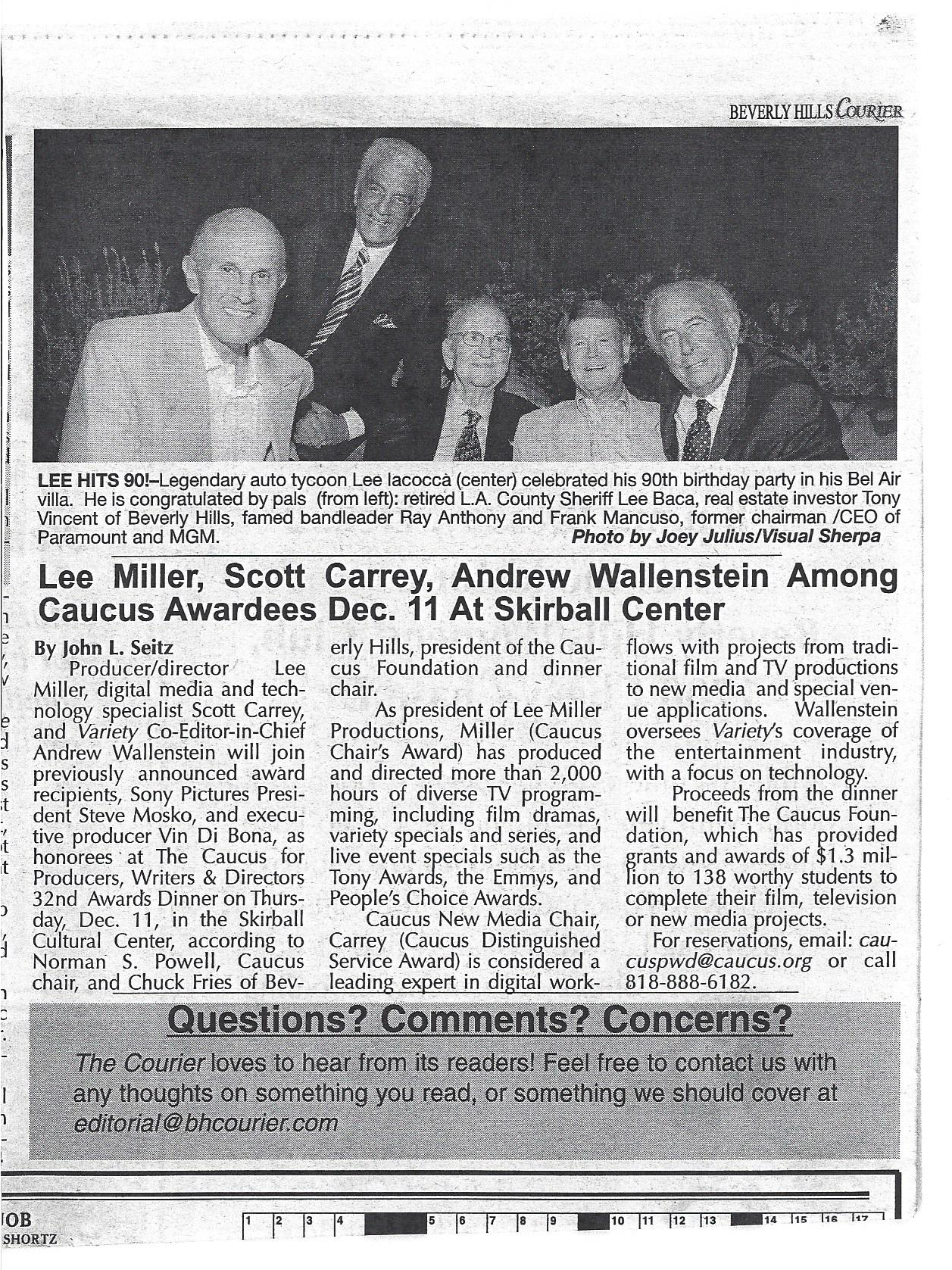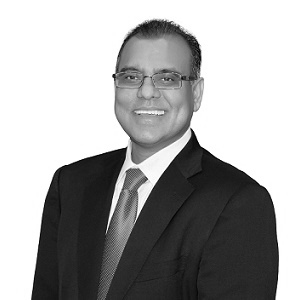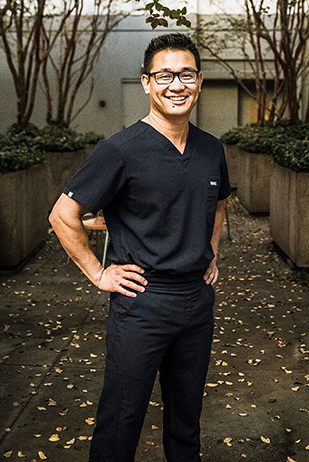
The University of Texas at Austin has served up two shots of scientific research that could help fill a tall order – faster approval of more medications to treat alcoholism.
The Affordable Care Act contains provisions for expanding alcoholism treatment, and many dependency specialists agree that more medications are needed to supplement psycho-social therapy. So far, only three medications have been approved by the Food and Drug Administration (FDA) to treat alcoholism: disulfiram (Antabuse), naltrexone (Vivitrol), and acamprosate (Campral).
Related News: ACA Brings Substance Abuse and Mental Health Treatment to Millions »
Genes Gang Up to Create Dependence
The first of two studies conducted by scientists at the University’s Waggoner Center for Alcohol and Addiction Research appears in the current edition of Molecular Psychiatry. It shows that among people with an alcohol use disorder, certain genes cluster together inside the brain, much like drinking buddies of all types gather around the bar. It’s an important discovery, because it goes beyond simply identifying genes known to exist among drinkers to show how they conspire to create disease and dependence.
In a second study published today in Alcoholism: Clinical and Experimental Research, Waggoner scientists analyzed the effects of certain medications already approved by the FDA on mice that consumed alcohol.

Both studies aim to identify medications already approved by the FDA that could be effective in the treatment of alcoholism, researcher Dayne Mayfield told Healthline.
Mayfield and his colleagues examined tissue samples from the brains of 15 alcoholics and 15 non-alcoholics. The brains, provided by New South Wales Tissue Resource Centre at the University of Sydney in Australia, came from donors who underwent a rigorous screening process. They had to be “pure alcoholics,” and not users of other brain-altering substances as well, Mayfield said.
Using RNA sequencing technology, they examined molecular gene networks inside the tissue. They could see for the first time how genes work together to create alcohol dependence.
A study on an additional 240 brain tissue samples will offer more insight but will take some time to complete, Mayfield said.
Could Cholesterol, Diabetes Drugs Treat Alcoholism?
In the second study, the researchers showed that two currently approved medications reduced alcohol consumption in lab mice. The medications, fenofibrate (Tricor), which is used to treat cholesterol, and pioglitazone (Actos), which is used to control blood sugar levels, may reduce cravings for alcohol in people trying to quit drinking, the researchers found.
Related News: Majority of Heavy Drinkers Don’t Discuss it with Their Doctors »
The next step is human laboratory studies using a limited number of people with problem drinking, lead investigator R. Adron Harris said in a statement. “We are learning a lot about the genetics of alcoholism — there is certainly a strong genetic component — and we need to use these genetics studies to find new biochemical targets for drug development,” Harris said. “However, it is extremely slow and expensive to develop and test a new drug, so progress in my lifetime is most likely if we use an existing, FDA-approved drug for a new purpose.”
Only about half of all alcoholics develop the disease due to genetic factors, said Dr. Akikur Reza Mohammad of Inspire Malibu Treatment Center in Malibu, California. He said using chemicals to correct the biological causes of alcoholism, combined with group therapy, will lead to better outcomes.
Mohammad told Healthline that Mayfield’s work proves what he and other addiction treatment specialists have long believed. “After prolonged use of drugs and alcohol, changes happen to the brain on a molecular level,” he said. “If you can hit those changes with medication, people have a better chance of staying sober.”
The changes in the brain lead to what Mohammad calls “reward deficiency syndrome.” People with opiate addictions repeatedly trick the brain into rewarding them by producing endorphins. Eventually, the brain won’t make endorphins anymore, he said. Alcohol similarly changes receptors in the brain to make an alcoholic crave liquor.
“If we can fix the reward deficiency with medication, we can fix the problem,” Mohammad said.
Alcoholism is a heterogeneous disease that affects each sufferer differently, Mayfield told Healthline. He stressed, “There is no magic bullet. Any treatment program would include medication and, most likely, some of kind of behavioral therapy (such as Alcoholics Anonymous),” he said. “Successful intervention will likely include a combined approach.





